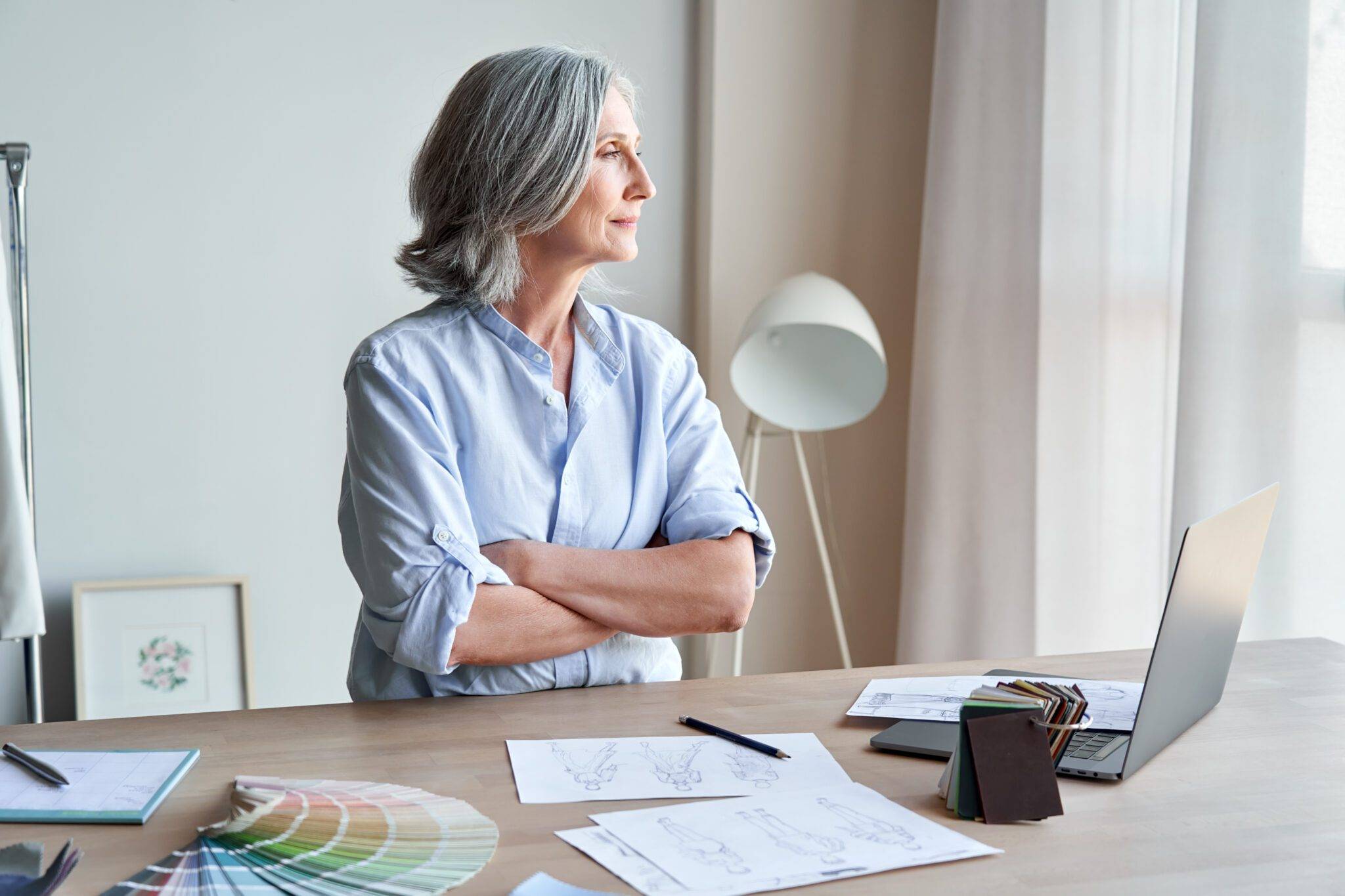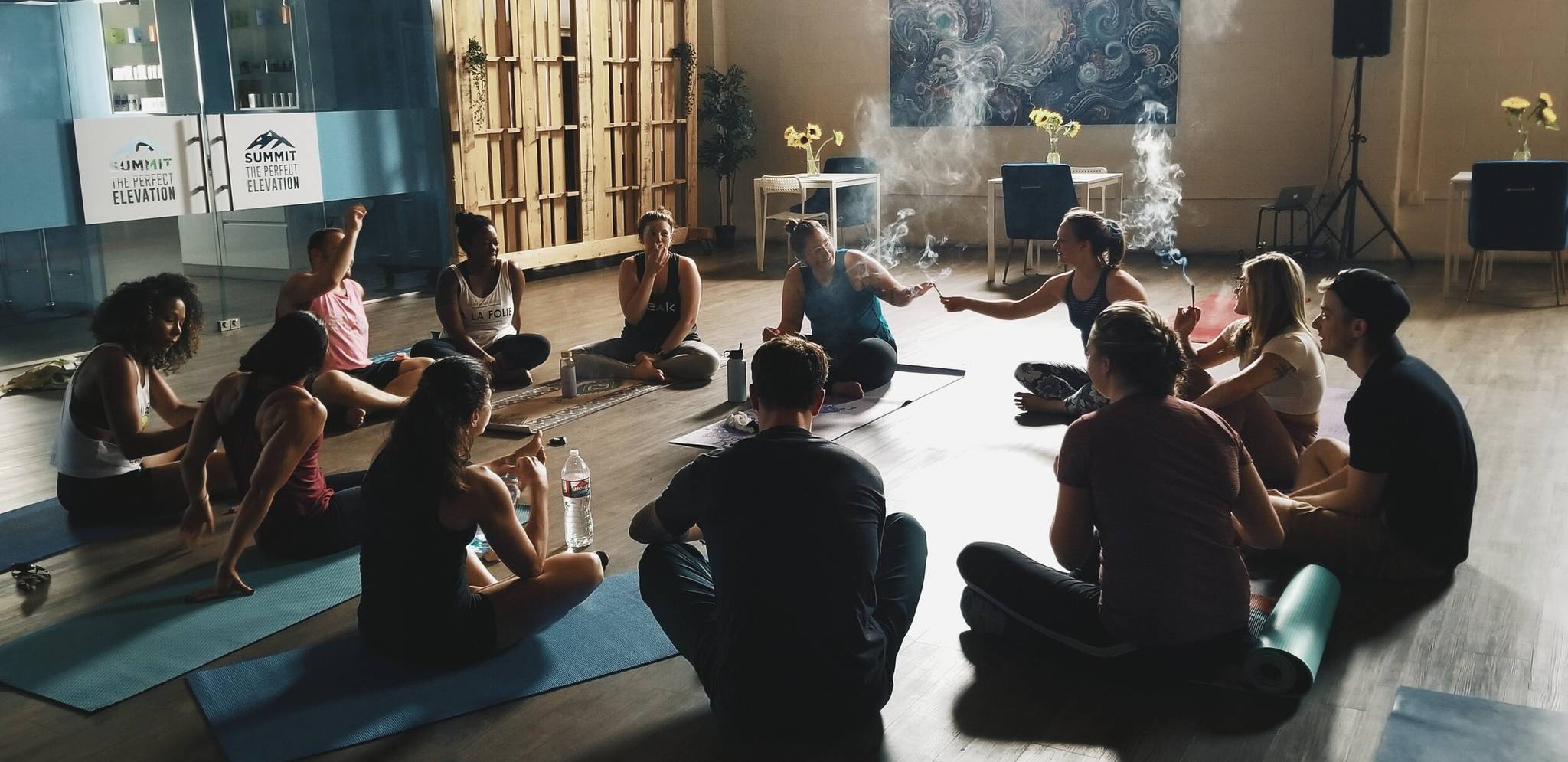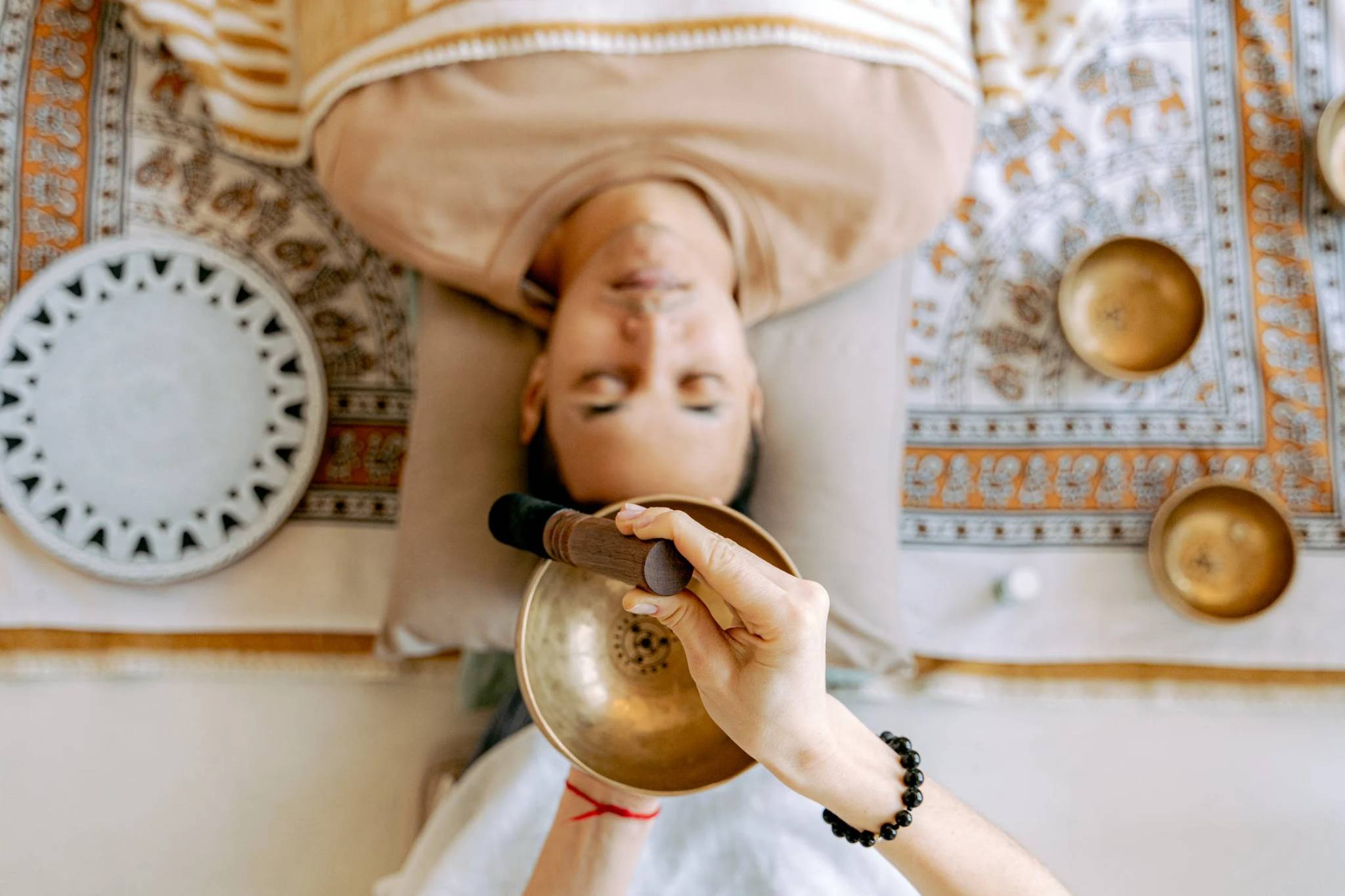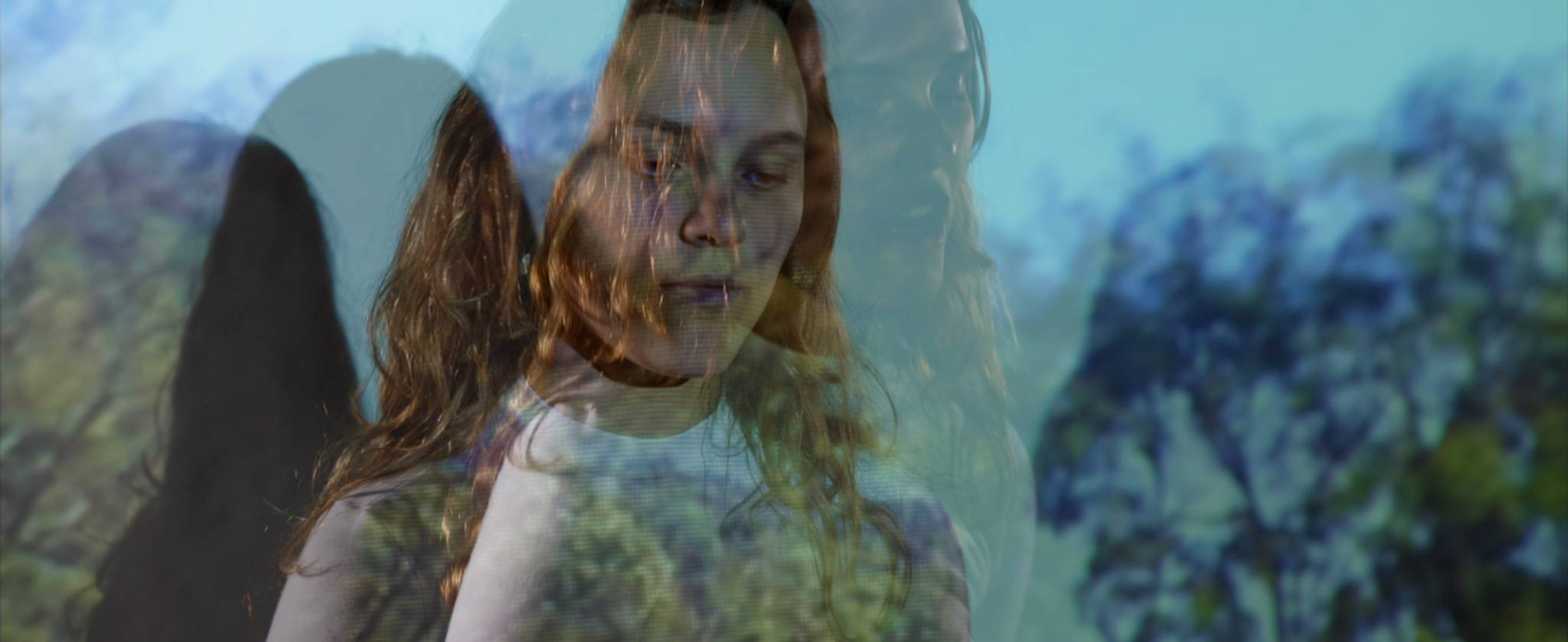
Microdosing mushrooms? Check. Using nature to improve wellbeing? Check. Creating space for escapism and relaxation? Check. As numerous barriers prevent people from accessing the mental and physical health treatments they need, wellness is going radical as they seek alternative forms of self-care.
At Canvas8, we've been thinking about how a growing dissatisfaction with existing healthcare systems is leading people to seek out alternative routes to wellbeing. Around 41% of people in the UK are ‘very’ or ‘quite’ dissatisfied with the healthcare system, and overseas in the US, the majority of adults feel that healthcare is not handled well in their country, with eight in ten at least ‘moderately concerned’ about accessing quality health care when they need it.
In our US-based vox pop on radical wellness, people highlighted that the current healthcare system is driving them towards alternative treatments, with 67% of US Gen Zers saying they already use alternative medicine. However, a lack of scientific robustness remains a barrier to adoption. UK-based respondents signalled an openness to alternative drug therapies, albeit with a similar call for regulation and peer reviewing.
Attitudes towards alternative therapies are shifting as consumers begin to feel more confident in lesser-known wellbeing practices. To gain popular trust, there’s a need for alternative therapies to be held to the same rigorous standards as mainstream medicine. In legitimising these alt-wellness practices, scepticism can be overcome through knowledge-sharing, and communities will form around alternative treatments.
Post-pandemic, people are placing their faith in treatments previously considered subversive, with alternative healthcare solutions beginning to enter the common cultural consciousness. Our Radical Wellness Sector Behaviour explores how people are switching up what self-care means by taking back control and getting experimental. Psychedelics are gaining traction as an effective therapy, and brands like Dr. Bronner’s and Wavepaths are leaning into this to help people find solace; Wild Awake is exploring how more intimate and personal connections to nature can improve overall wellbeing; and as people seek out mindful spaces to unwind, the Monologue Art Museum in China and the Rubin Museum of Art in the US are providing creative and communal spaces that have wellbeing at their core.



